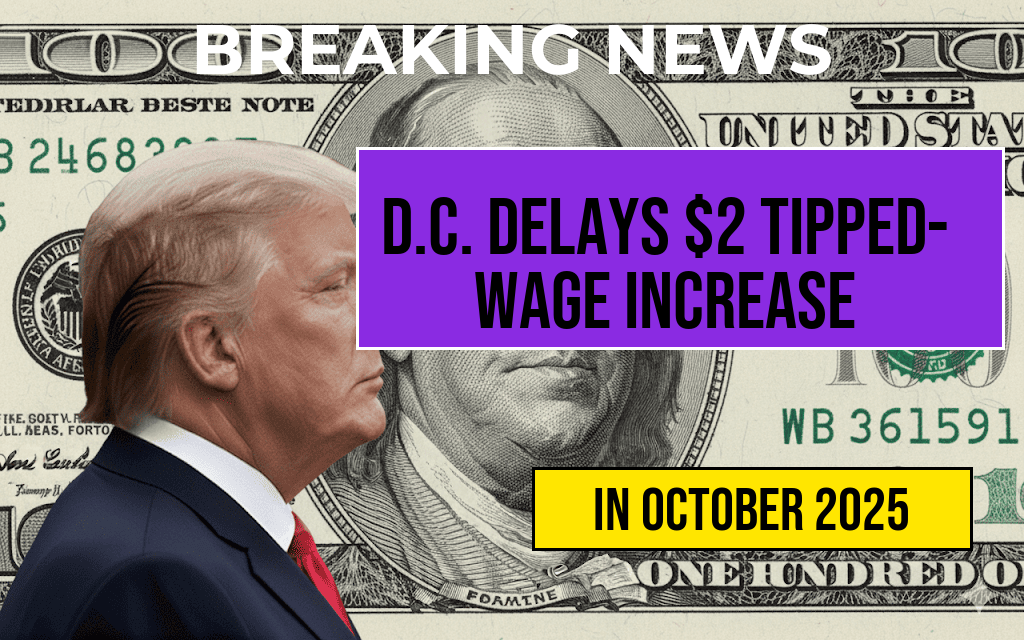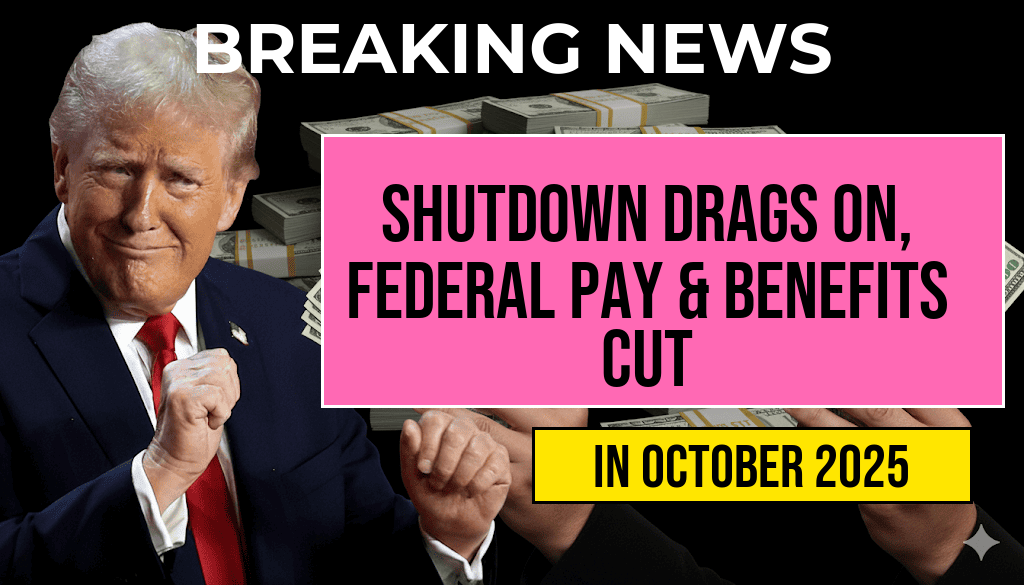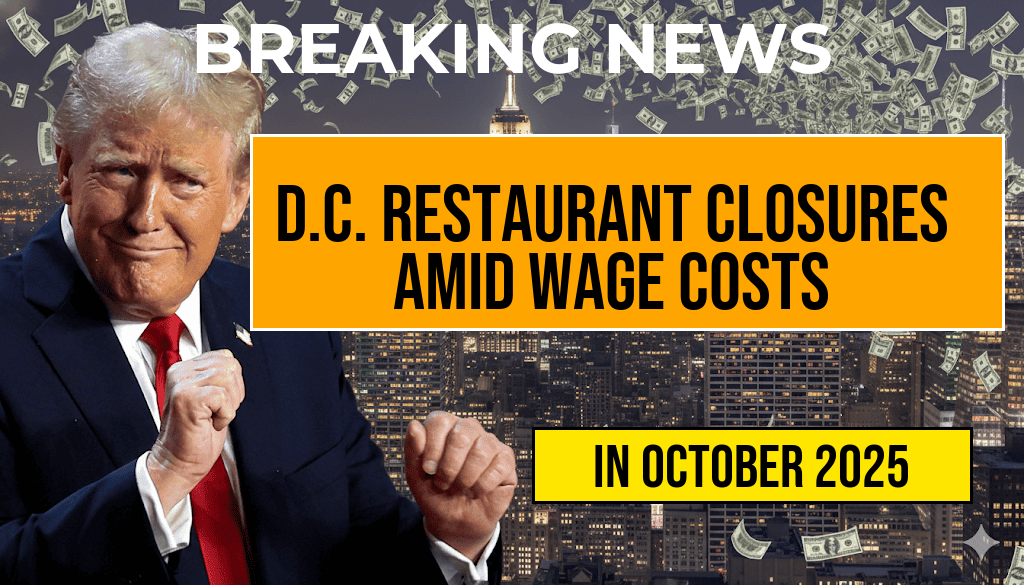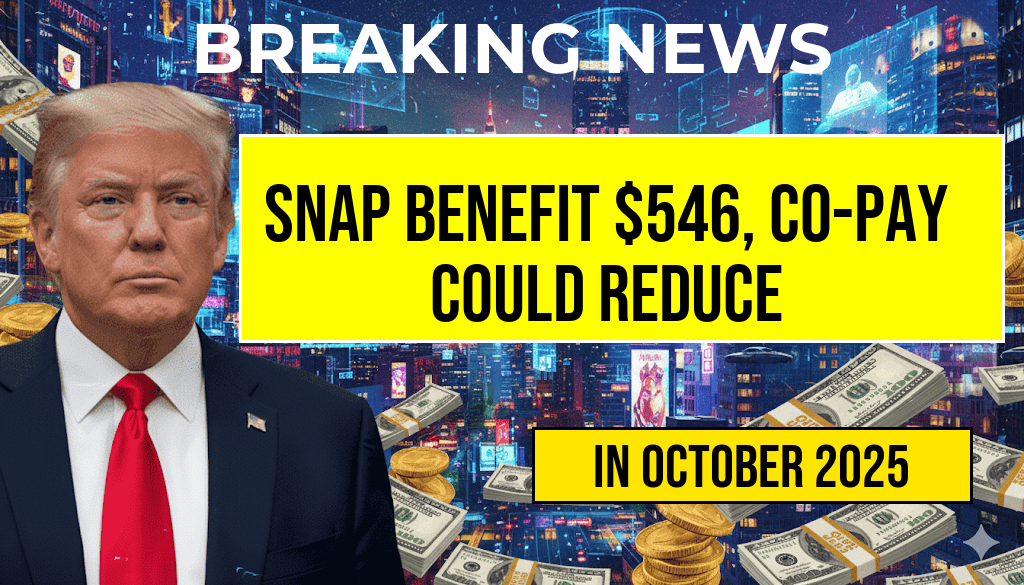District of Columbia officials have decided to postpone a scheduled increase in the tipped minimum wage, a move that could reduce annual earnings for servers by approximately $4,160 compared to the original plan. The delay, announced during a recent city council session, affects a phased increase intended to raise the tipped wage from its current level of $5.35 to $15 per hour over several years. While proponents argue that the delay provides monetary relief for small businesses amid economic uncertainties, critics warn that it undermines efforts to improve earnings equity for tipped workers. The decision has sparked debate over the balance between supporting local businesses and ensuring fair wages for service industry employees, who rely heavily on tips to reach a living wage.
Background of the Tipped Wage Policy in D.C.
The District of Columbia’s approach to tipped wages has evolved over the past decade, with policymakers aiming to gradually increase the base wage for tipped workers. The current plan, established in 2017, set a schedule to raise the tipped minimum wage to $15 by 2025, aligning with broader efforts to improve wages across the hospitality sector. Under D.C. law, employers are allowed to pay tipped employees a lower base wage, provided tips make up the difference to reach the standard minimum wage.
Originally, the phased increase was designed to help restaurants and small businesses adapt to higher labor costs while providing employees with a pathway to better compensation. However, recent economic challenges, including inflation and a sluggish recovery from the pandemic, have prompted reconsideration of the timeline. The latest decision to delay the scheduled increase is rooted in concerns about economic stability and the potential impact on small businesses already grappling with rising operational costs.
Implications of the Delay for Servers’ Earnings
Based on the current schedule, servers expected to see their tipped wages rise incrementally each year. The delay in moving to the $15 threshold effectively stalls these increases, resulting in a significant annual earnings shortfall for tipped workers. According to industry estimates, servers could lose approximately $4,160 annually, assuming average tips remain consistent, compared to what they would have earned had the original timeline been maintained.
| Scenario | Annual Earnings | Difference |
|---|---|---|
| Original Plan (full $15 wage by 2025) | $32,000 | |
| Current Delay (wage remains below $15) | $27,840 | $4,160 |
This shortfall not only affects individual workers but also influences local economies, as servers tend to spend their earnings within their communities. Critics argue that delaying wage increases perpetuates income inequality among tipped workers, who often rely heavily on tips due to lower base wages.
Stakeholder Perspectives
Supporters of the Delay
- Business groups and restaurant associations contend that the delay provides critical relief during uncertain economic times. According to statements from the DC Restaurant Association, the temporary postponement helps small establishments avoid layoffs and closures, which have become more prevalent amid inflation and staffing shortages.
- Some policymakers argue that a slower increase allows for a smoother transition, preventing potential price hikes that could deter customers and harm the city’s hospitality sector.
Opponents of the Delay
- Labor advocates and worker rights organizations emphasize that the delay undermines efforts to close the wage gap for tipped workers. They point out that many servers depend on tips to meet basic living expenses and that the delay may prolong economic disparities.
- According to Economic Policy Institute, wage stagnation for low-income workers exacerbates poverty and inequality, particularly in cities like D.C. where the cost of living continues to rise.
Potential Economic and Social Effects
The decision to delay the wage increase could have broader implications beyond individual earnings. Economists warn that suppressed wages for tipped workers might limit consumer spending, which is vital to D.C.’s vibrant service industry. Conversely, some analysts suggest that maintaining lower wages temporarily could help sustain small businesses struggling to recover from pandemic-related losses.
Data from the Bureau of Labor Statistics indicates that service industry workers are among the most vulnerable to wage volatility. Delays in wage hikes, especially in an inflationary environment, risk deepening economic insecurity for those at the lower end of the income spectrum.
Looking Ahead
While the current delay is set to be reviewed periodically, industry stakeholders anticipate ongoing debates around the pace of wage increases. The city government has indicated that the decision was made to balance economic realities with wage equity goals, but advocates for tipped workers continue to push for a timetable that ensures fair compensation aligns with rising living costs.
As the policy landscape evolves, workers and businesses alike will need to adapt to the shifting dynamics. The coming months may reveal whether D.C. revisits its timeline or maintains the delay amidst ongoing economic pressures. For more information on wage policies and labor rights in the district, resources such as the DC Labor Network provide updates and advocacy opportunities.
Frequently Asked Questions
What is the reason for the delay in the $2 tipped-wage increase in D.C.?
The delay is due to administrative or policy decisions by local authorities, which have postponed the scheduled tipped-wage increase that was originally planned to benefit servers and restaurant staff.
How much could servers potentially lose annually due to the delay?
Servers could potentially lose up to $4,160 annually compared to the original plan, which aimed to raise their tipped wages by $2.
What was the original plan for the tipped-wage increase in D.C.?
The original plan was to incrementally increase the tipped wage by $2, providing servers with higher earnings and improving their overall compensation.
How does this delay impact restaurant employees in D.C.?
The delay may result in reduced income for restaurant employees who rely on tips, potentially affecting their financial stability and overall earnings annually.
When is the tipped-wage increase expected to take effect?
The article does not specify an exact new date for the tipped-wage increase, indicating that the implementation has been postponed without a clear timeline.










